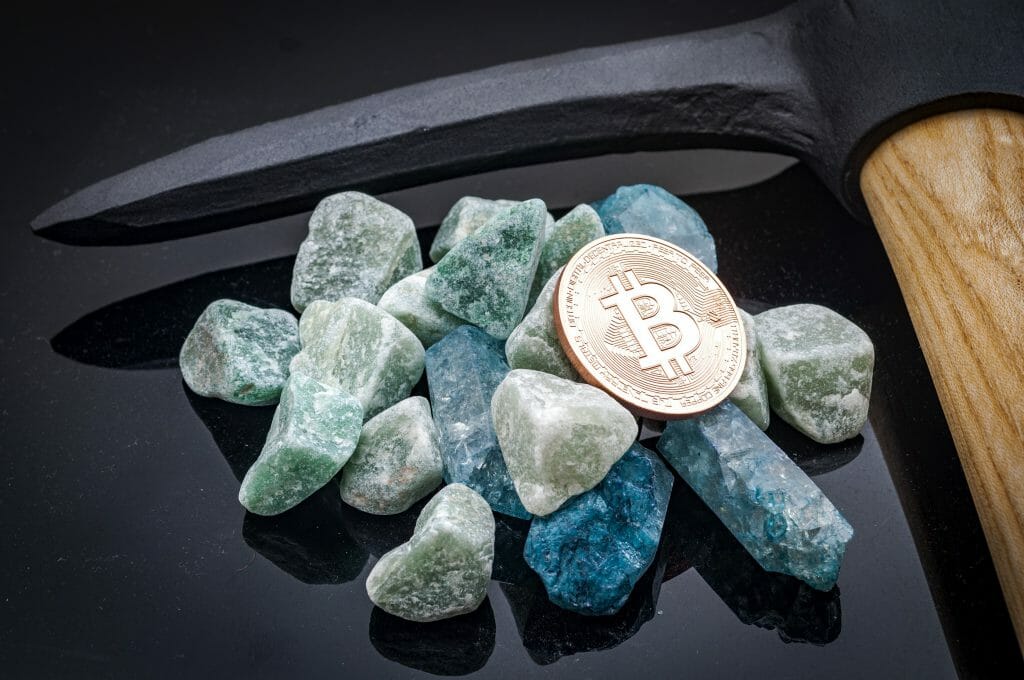The average transaction fee crumbled down from $21 to $1.36. The Bitcoin mempool has been clear, keeping transaction fees at a low rate.
Bitcoin miners’ revenue from transaction fees has been crumbling down for at least one consecutive year. The real reason behind this situation relies on the drop in the average amount given in commissions on the BTC network.
A year ago, the average fee for each transaction carried out on the Bitcoin network almost reached 39,000 satoshis, the most minimal figure into which a currency like bitcoin got divided. Today, the average fee for carrying out a transaction on said network barely surpasses 3,400 satoshis.
If the average cost of the transaction fees gets turned from satoshis into US dollars (USD), the difference at the percentage level might show some similarities. As of mid-February 2021, 39,000 satoshis went equal to $21, whereas today, 3,400 satoshis run in parallel to $1.36.
It is worth clarifying that what Bitcoin users pay to carry out transactions and what miners receive for commissions are just values parallel to the current fees. If the fees go up, the miner’s income goes up, and if the fees crumble down, the miner’s earnings go down too.
The situation described applies whenever the evaluation gets achieved in satoshis. If the amounts get translated into fiat currency, the foreign exchange market factor could get added and ruled by very different principles.
The Current Status of the Bitcoin Network and How it Impacts Miner Fees
Looking at the Bitcoin mempool is one of the methods to know how high the transaction fees can get. The mempool is a waiting room where transactions that have not been added to a block yet could get located.
If the mempool gets filled, the fees tend to face an increase; the commission paid for a transaction gets higher, the sooner it will get included in a block and confirmed. On the other hand, if the mempool appears to be empty, the rates tend to crumble down; because the transactions will get added to the blocks without waiting too long.
The last few days, the Bitcoin mempool got quite loose with space. The mempool space website only shows 5,000 transactions waiting for verification worldwide. A block could count on more than 3,000 transactions, so in at least 20 minutes, all those transactions will already become a fundamental piece of the Bitcoin blockchain.
Another feature of the network contributing to the mempool is that it does not need to struggle with overcrowding. According to data revealed from statoshi.info, Bitcoin counts on the processing power of 193 exahashes per second.
The fact that the Bitcoin hash rate remains at all-time highs and does not decay, even though the miners are receiving less profit, gives a point in favor of these network workers.
By: Jenson Nuñez











